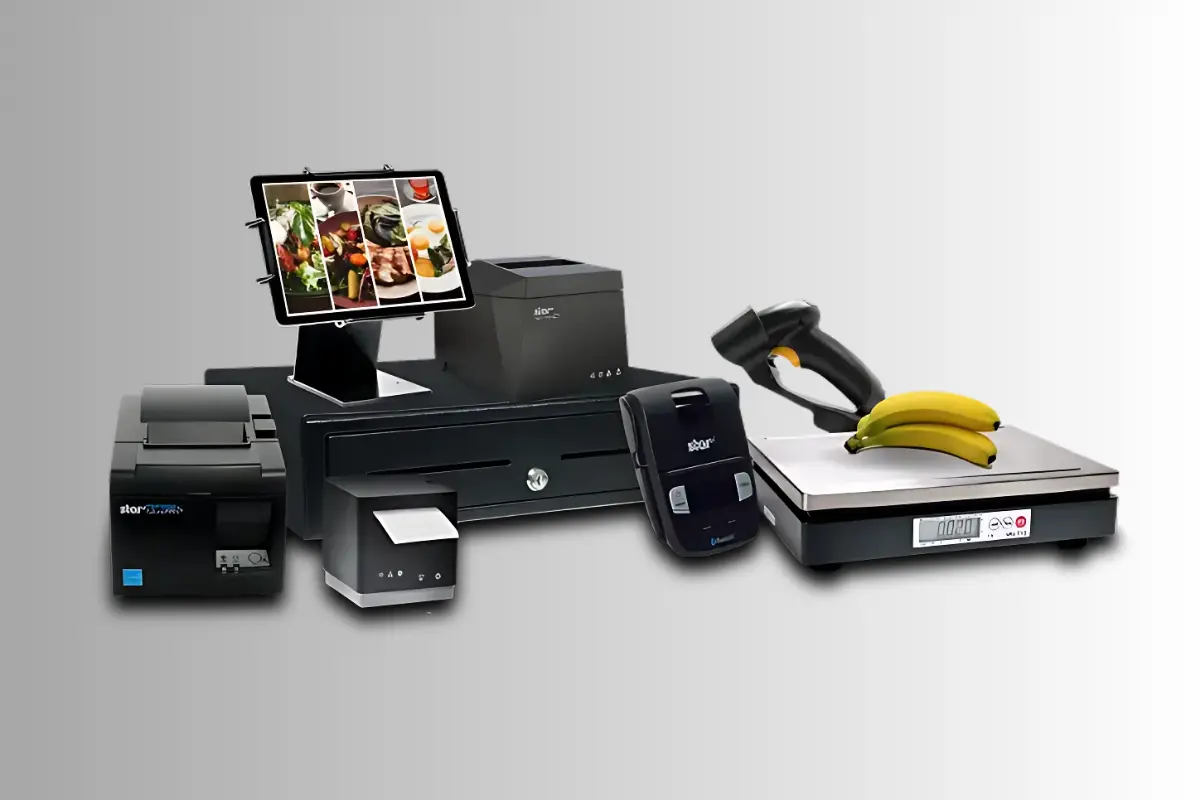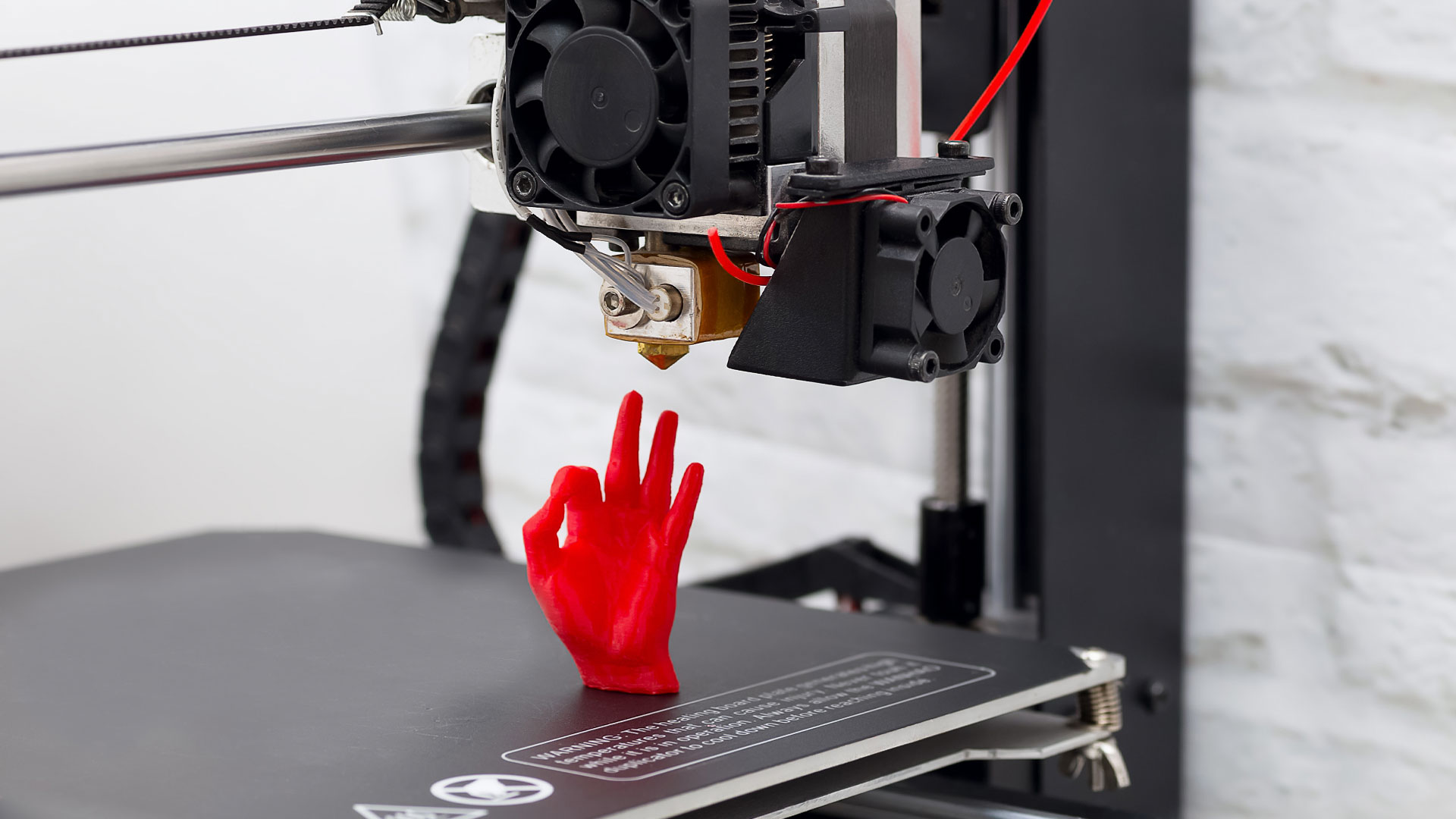Quantum Leaps and Celestial Dreams: How Cutting-Edge Tech Is Transforming Space Science

Redefining What’s Possible in the Space Age
The universe is vast and mysterious, but the tools we now use to explore it are smarter, faster, and more powerful than ever before. From quantum processors to laser-based propulsion systems, the next wave of discovery in science and astronomy is being driven by innovations that blur the line between imagination and reality.
At Quantum Vibe, our mission is to decode these advancements and present them in a way that’s both accurate and accessible—ensuring the public understands not just what’s happening, but why it matters. Real knowledge creates real value, and that’s what we aim to deliver with every article.
Quantum Technology: The Next Scientific Revolution
Quantum computing is poised to solve problems traditional supercomputers could never handle—from modeling the behavior of subatomic particles to simulating the formation of galaxies.
These machines don’t just compute—they reimagine how we explore the universe. In astronomy, quantum simulations help scientists better understand dark matter, gravitational waves, and cosmic inflation.
On Quantum Vibe, we shine a light on these developments to help our community see how the most abstract realms of science are starting to yield concrete insights.
The New Space Race: Private Sector, Public Impact
Today, companies like SpaceX, Blue Origin, and Rocket Lab are doing more than launching rockets—they’re redefining the economics of space travel. Reusable launch systems, mini-satellites, and commercial lunar missions are making space more accessible than ever.
But why should this matter to the average person? Because the technologies developed in the race to space often improve life on Earth—enhancing global communications, improving medical devices, and even revolutionizing clean energy systems.
By covering this convergence of commerce and science, Quantum Vibe emphasizes the practical value that space exploration brings to society as a whole.
Astronomy and AI: Seeing the Cosmos with New Eyes
Artificial intelligence is playing a crucial role in modern astronomy, automating the analysis of vast datasets from telescopes and satellites. AI algorithms have already helped identify new exoplanets, classify galaxy types, and even predict stellar behavior.
This marriage of machine learning and astronomy doesn’t replace human insight—it amplifies it, allowing scientists to focus on deeper analysis and theory.
We break down these advancements for readers who want more than just surface-level headlines. On Quantum Vibe, you’ll find science explained with both clarity and depth.
Bringing the Cosmos Closer to the Classroom
One of the most exciting outcomes of this technological boom is its impact on education. Students can now control remote telescopes, simulate planetary systems in virtual reality, and even contribute to real space missions through citizen science platforms.
We believe that sharing this kind of content empowers a new generation of thinkers, dreamers, and innovators. The more we understand the universe, the more connected we become as a global community.
Conclusion: Technology With Purpose, Science With Impact
The fusion of high-tech tools and cosmic curiosity is leading us into a new era of discovery. But this journey is not just for scientists and engineers—it’s for anyone with a desire to understand the world beyond our skies.
At Quantum Vibe, we are proud to provide articles that go beyond clickbait. We offer insights that inspire, information that educates, and perspectives that add genuine value to the global conversation around science and astronomy.







